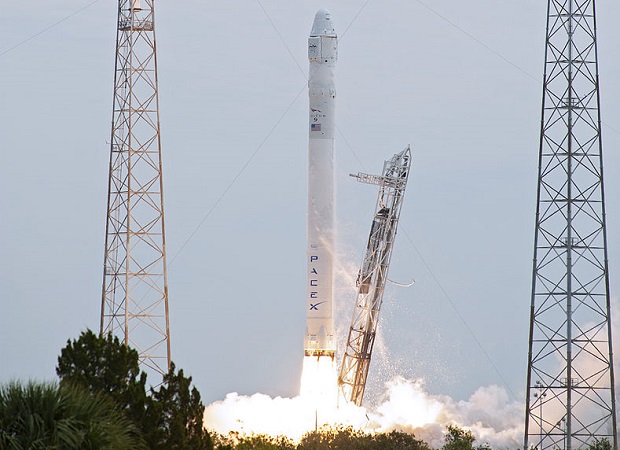The Musk Paradox
There is a massive paradox smack in the middle of the business models of arguably the world’s most innovative man. It provides many lessons for businesses looking to innovate.
Musk has done more than most to disrupt the auto industry, to a point where total cost of ownership of electric vehicles is near price parity with internal combustion engine vehicles and Tesla’s market capitalisation is greater than GM and of Ford. Solar City, another Musk co- owned venture, is part of the renewables revolution that provides at least 5 times as many jobs in the US than the fossil fuel industry. He dabbles with brain-computer interfaces through Neuralink which he is backing. Musk open-sourced his teams design for Hyperloop Alpha, a concept to revolutionise intercity transportation. He decides his commute is frustrating, so sets up a company to tunnel under a freeway and within months has started building his time-saving tunnel – it’s just boring. The list goes on…
But it is his SpaceX venture that provides the big paradox. While most of his enterprises support efficiencies, clean energy and transformation to more sustainable economies, his quest for space travel and ultimately to set up a colony on Mars is doing the opposite. Granted he has disrupted the space industry and I take my hat off to the amazing advances that enable rockets to be reusable, landing back on earth, like a coordinated dance sequence.
However, his childhood ambitions of going to Mars are obscuring some obvious truths. The first is that Earth is beautiful, it is our single home, evolving continually, providing the ecosystem that enables humanity to survive – it is a fine place to live. Mars is beautiful in its own way, but not a great or easy place to live. If we want to continue to thrive as a species, we need to be focused on maintaining our life support systems on our single planet.
It is true that we seem to be doing our best to ruin them, but is the answer to create a back-door escape to another planet that at best, a handful of people could ever use? Our spirit of adventure will always push us to explore new frontiers, but creating a nice place to live on Mars will take millennia. Nine billion people will soon live on Planet Earth, there is no chance they can all go to Mars. After all, it has taken Planet Earth 4.7 billion years to reach the point we are at today. We humans have taken approximately 0.0000015% of this time – since 1950 – to bring our Planet to a point of crisis. It is time to put that right.
The lessons for strategic business innovation are that we need to point innovation in a direction that supports humanity thriving, not undermining it. We don’t need to ‘Save the Planet’ – it will be fine for a few billion years yet, we need to ‘Save Humanity’. Innovation should support business operations to work within our ecosystems ‘safe operating zone’. Strategic decision making can be informed by available tools, like: Ecological Footprinting; the Natural Capital Protocol; the Future-Fit Benchmark; or by simply aligning to the Sustainable Development Goals (SDG’s).
This is not wishful thinking – many leading business’ get this, and are adopting 100% renewable strategies (RE100), 100 businesses now have approved Science Based Targets and many more are developing truly clean products and services. Unilever is an example of a business, which is aligning its brands towards the SDG’s. Every brand must have a clear purpose that contributes to a social or environmental concern. Each product must contribute to at least one of its Sustainable Living Plan targets. If this threshold is not met, it will not pursue the product opportunity. This kind of thinking will help ensure that every business is enhancing our ability to survive, creating business opportunities for the future.
Musk is a man on a mission. While there is a paradox in his business strategies, we can learn from his immense abilities and ‘can do’ approach to innovate for sustainability and resilience. It is time to speed and scale up this process, to disrupt our fossil-fuelled ways of living and transform to the new green economy.
photo credit: By Tony Gray and Robert Murray [Public domain], via Wikimedia Commons (https://commons.wikimedia.org/wiki/File:SpX_CRS-2_launch_-_cropped.jpg)


